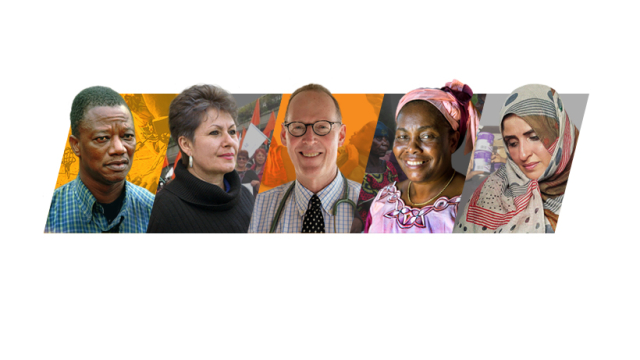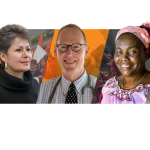2021 Aurora Humanitarians Announced

5humanitarians1200x480.jpg
The Initiative honors five outstanding activists, doctors and human rights defenders
The Aurora Humanitarian Initiative has revealed the names of five 2021 Aurora Humanitarians, chosen by the Aurora Prize Selection Committee for their courage, commitment and impact. The announcement was made today at the Matenadaran, the national repository of ancient manuscripts located in Yerevan, Armenia. During this special event, the attendees also paid tribute to the great scholar and philanthropist Vartan Gregorian, Co-Founder of the Aurora Humanitarian Initiative and member of the Aurora Prize Selection Committee, who passed away a few days ago. In accordance with the tradition, the names of the 2021 Aurora Humanitarians have been inscribed in the Chronicles of Aurora, a unique 21st century manuscript containing the depictions of the Aurora Humanitarian Initiative activities.








